This question needs to be clarified. Still, based on current environmental laws, cultural changes, and economic factors, this paper will analyze the use of cars even older than 30 years.
It will discuss vintage cars and whether there is a possibility of banning them worldwide in the future.
Current Regulations and Exemptions
Environmental regulation around the world is tightening. In most countries, new vehicles are regulated to monitor carbon emissions, while high-emission zones are closed off at an urban level.
California has tried to bring in ‘zero-emission zones’ in line with the arrangements Londoners are already familiar with, in which some areas have restrictions and, ultimately, exclusions for older, more polluting machines.
Nonetheless, despite these draconian rules (classic cars are often exempt on cultural or historic grounds), many of us here in the UK appear to be driving vehicles that are currently ineligible for licensing daily. In Britain, classic cars are generally exempted from the worst of the required restrictions.
Still, future rules may become more discriminating and challenge the very concept of what makes for a ‘classic.
Likewise, in France, older cars are eligible for special stamps to access the low-emission zones in major cities.
Impact of Emissions Regulations
Classic cars, by definition, produce more pollution than modern ones, and numerous studies, including those from the University of Michigan, point to the high carbon footprint of events such as the Woodward Dream Cruise, where thousands of classic cars pile onto the streets.
But classics represent such a small portion of the vehicle fleet that they can’t possibly contribute much to total vehicle emissions—they aren’t driven much.
According to the Federal Highway Administration, the average classic car is driven a paltry 2,212 miles per year—just over 6 miles per day—compared with a typical modern car.
Future Outlook and Market Adaptations
While some emissions regulations affect the classic car market, it is not on the verge of disaster. The classic car market is vibrant with healthy demand, with the biggest laggard markets (the US and Europe) mostly catching up and strong demand in emerging markets as well (such as China and the Middle East).
That demand keeps classic cars relevant and desirable and keeps them out of the hands of scrap metal merchants.
Legislative measures of the type proposed for California and Nevada reflect such a tougher stance, with forthcoming targets such as California’s zero-emission goal by 2045 potentially leading to substantially greater restrictions on the use of high-emission vehicles.
However, there are usually limitations on everyday use rather than bans on possession or infrequent use.
Economic and Cultural Considerations
A thriving classic car industry has many economic benefits, thanks to several thousand people employed directly or indirectly in the business, not to mention a total classic car market in the UK worth more than £7 billion.
If such a thriving industry didn’t exist, surely there would be significant reductions in wealth. This is another reason why a draconian measure could be argued against.
Of course, old cars have value as part of our historical and cultural heritage. There is great pride in owning an old car, as solutions to engineering problems, design aesthetics, and historically significant automobile technology are tangible in them.
Sometimes, a person needs help to choose between the value of second-hand cars as low-cost transport and the recognition of their value as an item of historical heritage.
These and other circumstances can provoke lobbying to protect the rights of owners of old cars and to prevent excessive regulation.
Technological Innovations and Adaptations
In the face of regulation, enthusiasts are constantly striving to make their classic cars more ecological.
Retrofit kits to reduce emissions are being developed alongside alternative fuels, and pure electric conversions even prompt certain companies to experiment with modernizing classic cars to meet today’s needs.
Summary
While darker clouds gather overhead for antique cars under the glare of new environmentalistic regulations, an outright ban on classics in our own time is still unlikely.
Exemptions for these so-called unpolluted cars, coupled with the low kilometer mileage and large cultural and economic value, will ensure the continuation of the classics in our automotive society of tomorrow.
FAQs
How will future technological advancements impact vintage car ownership?
Newer technological innovations, such as better emissions control equipment and electric conversion kits, are likely to make classics even greener as time goes on. Suppose the increasing curbs on emissions are implemented in Europe or elsewhere. In that case, these kit cars will help classic car owners meet new tighter regulations without sacrificing the authenticity and fun of vintage motoring.
What role do vintage car clubs and organizations play in preserving classic cars?
But vintage car clubs and other organizations keep the classic car alive. They lobby for rules they feel are conducive to preservation, organize events, and offer guidance on maintenance and restoration for members. Frequently, groups will lobby against restrictions. Such attempts to restrict classic car hobbyists are common and, in many cases, successfully fought back.
Are there any insurance implications for owning a vintage car under new regulations?
Yes, insurers may well change their policy terms or premiums to reflect changes in legal frameworks for vintage cars and their laxity towards them. Owners may see premiums rise if their cars are subject to more rigorous testing regimes or if they are banned from driving in certain places.
How does the cultural significance of vintage cars influence regulatory decisions?
Their cultural appeal – for example, as historical and tourism artifacts – can play a major role in regulatory interventions. The effects on cultural heritage and the economic value of classic car tourism and associated events may influence policymakers.
What are the environmental benefits of maintaining vintage cars instead of scrapping them?
Keeping old cars on the road can be good for the environment because it helps reduce demand for new cars, each of which requires a substantial amount of energy and resources to produce. If well-maintained and driven infrequently, classic cars will create less greenhouse gas emissions over their lifetime than will constantly replace them with new models.

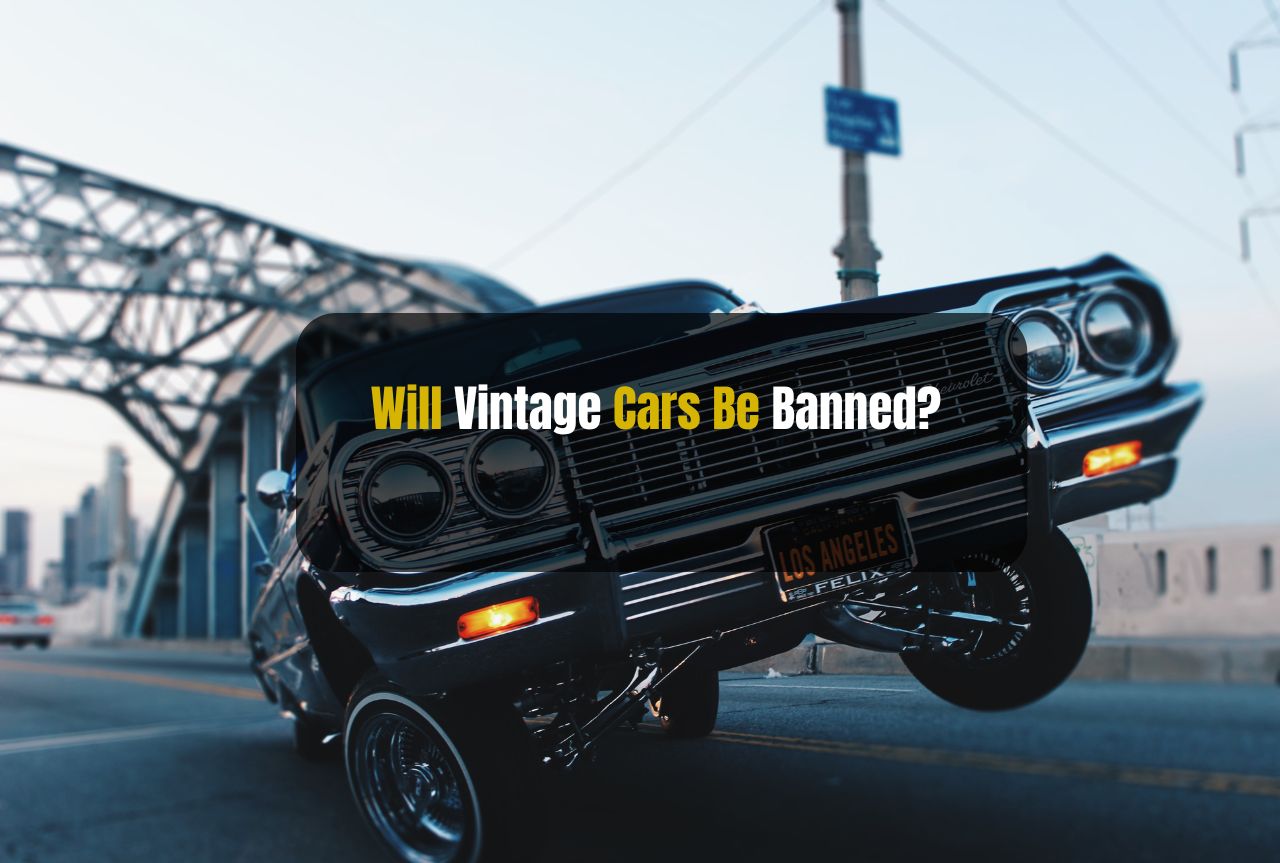

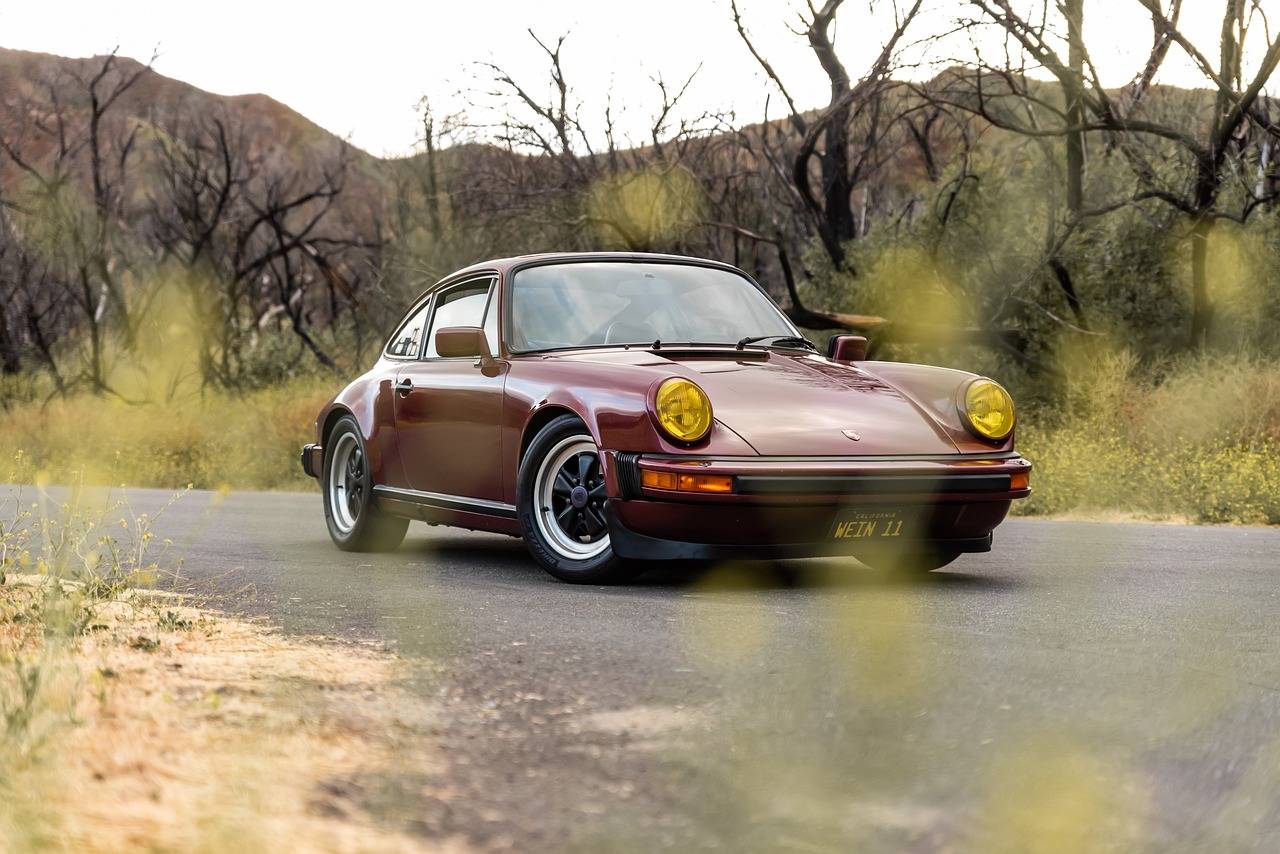
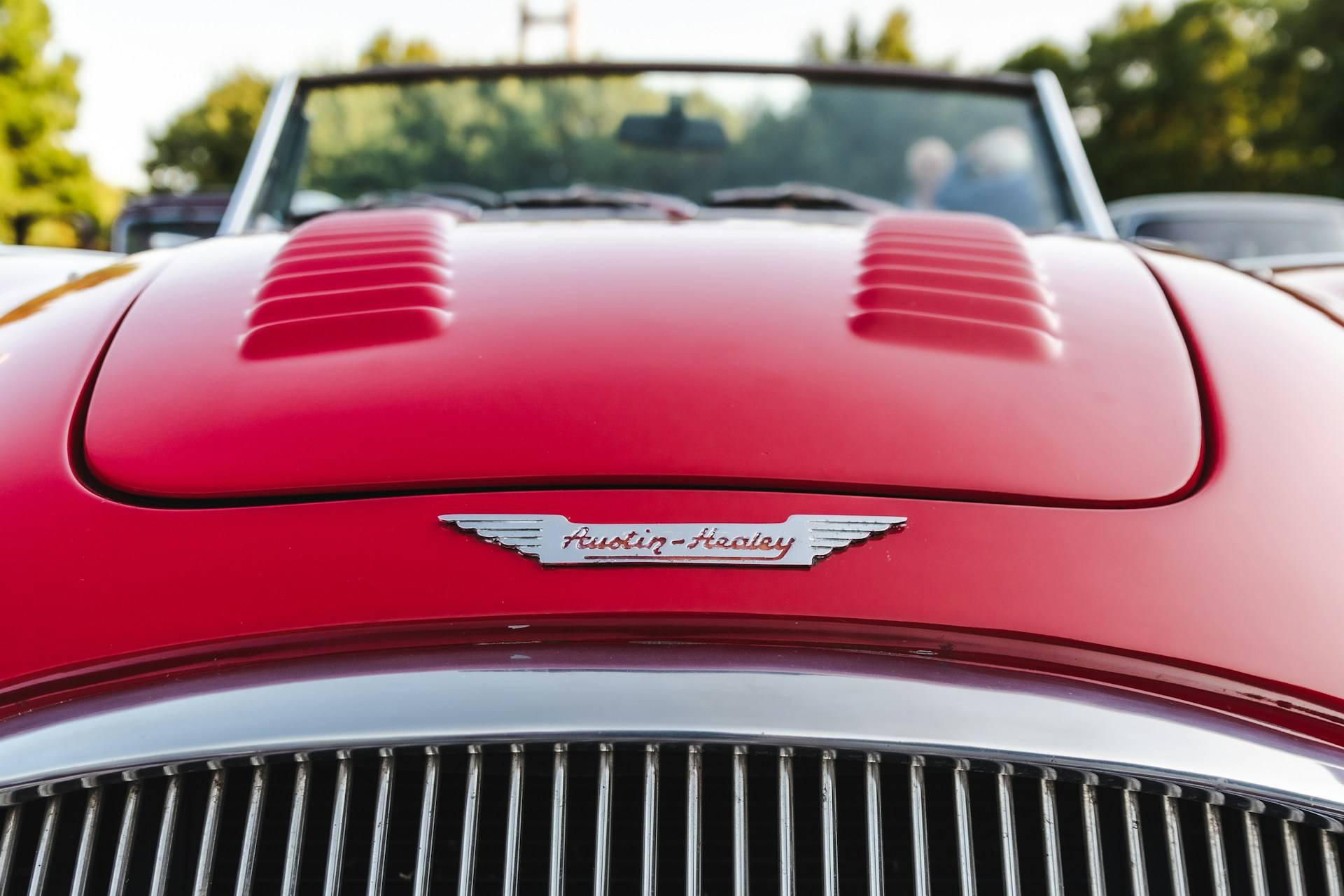
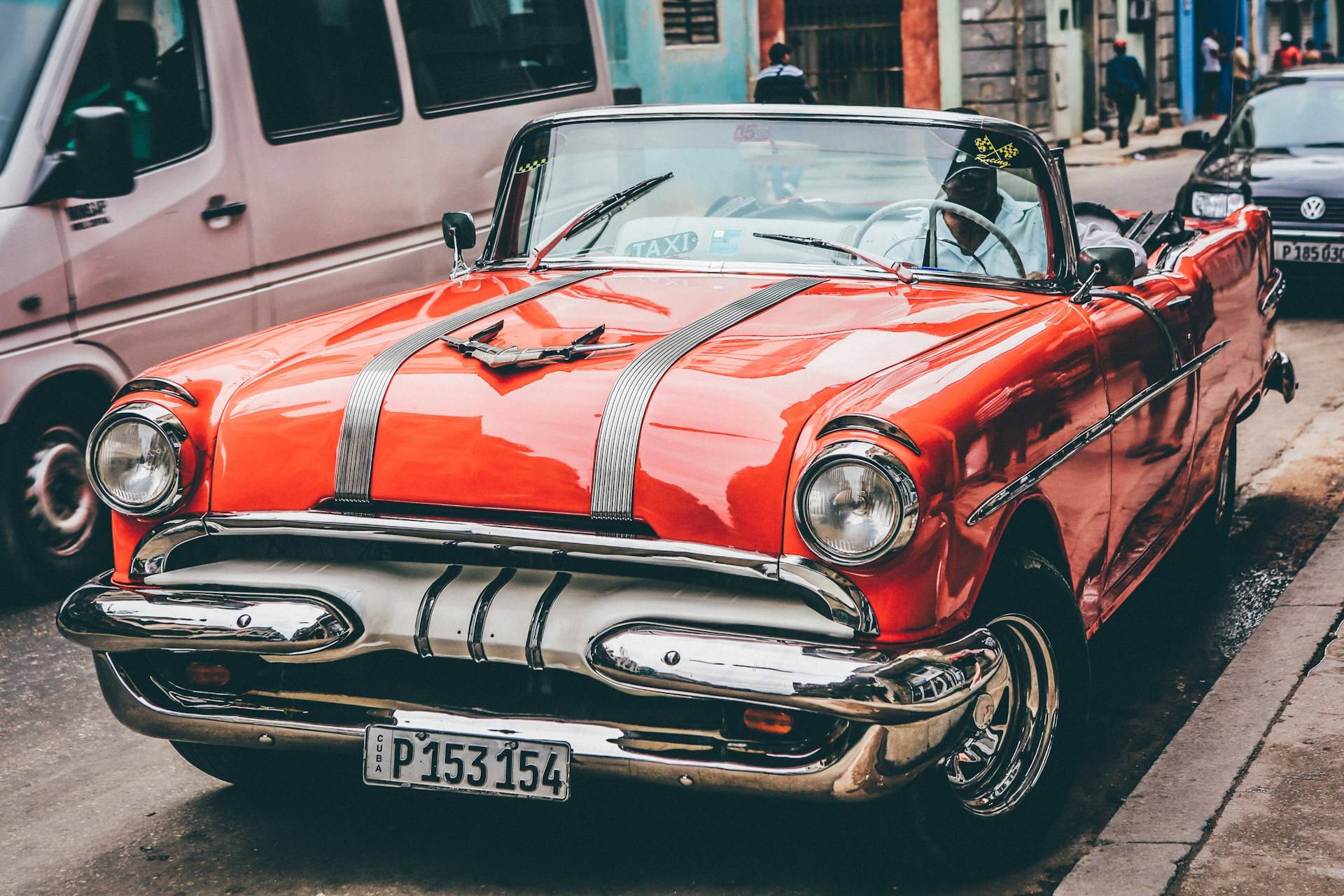
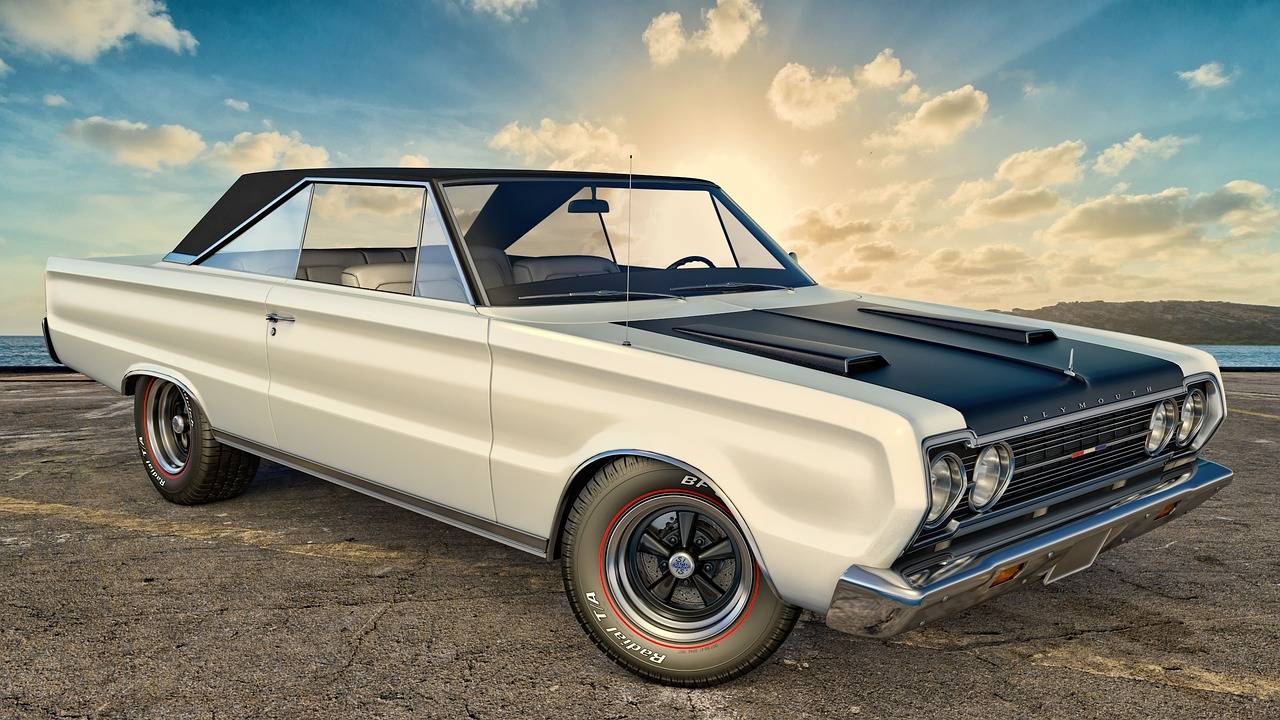
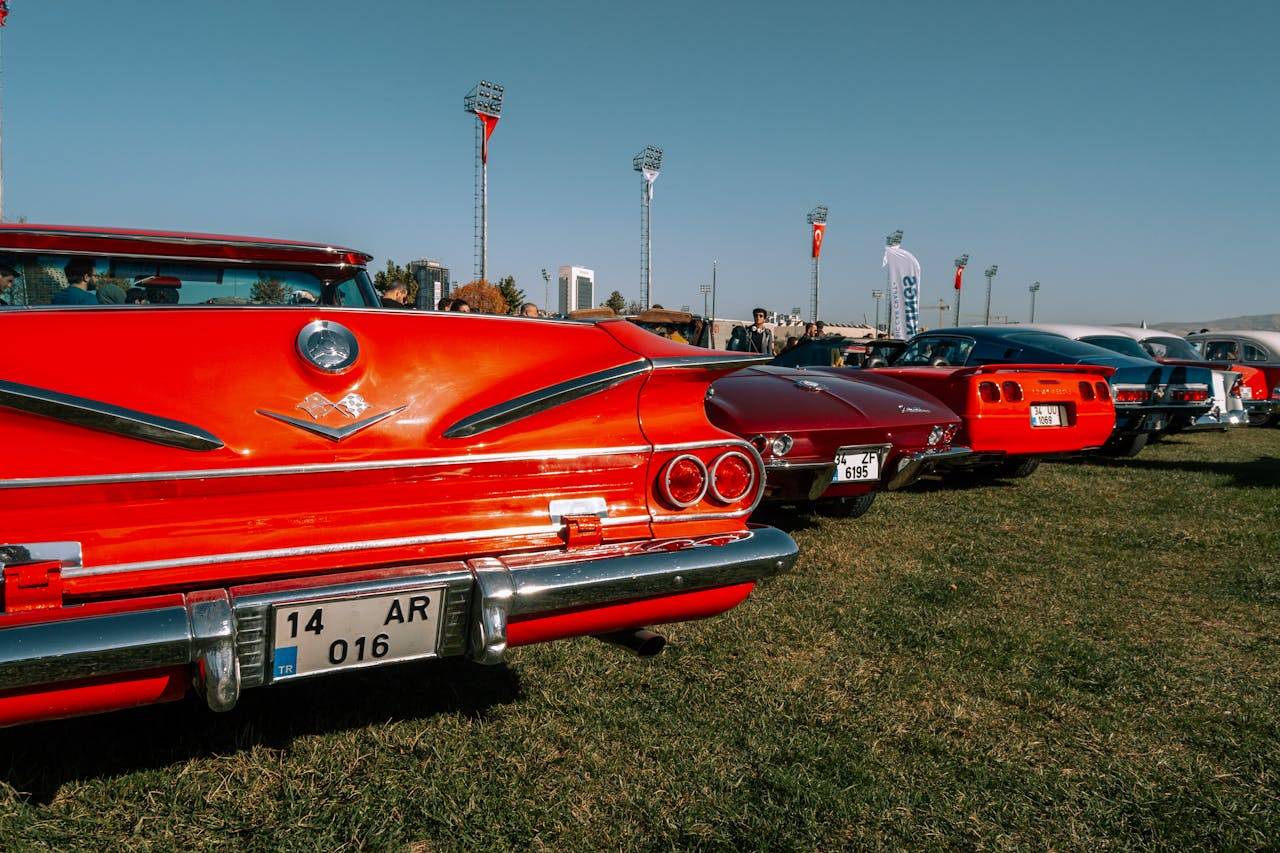
Leave a Comment